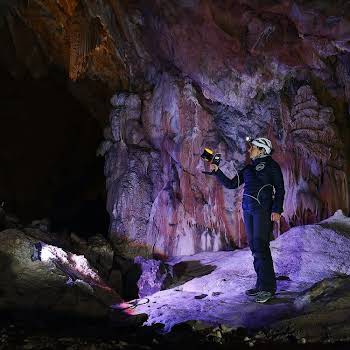
By Niamh ODonoghue
23rd Jan 2017
23rd Jan 2017
And it would be great if they hurried up, please.
Scenario: it’s a cold winter’s day and you’ve just settled for the day on the couch with Netflix. Wouldn’t it be nice if you could skip every other part of winter (going outside/work etc), and just sleep until it’s over?
This is not some premature April Fools Day joke. Scientists are actively researching whether or not humans?have the ability to hibernate. Okay, technically the research is aimed at space travel?and figuring whether astronauts can be sleep-induced for long-haul space flights, but it’s knowledge that we can hopefully use in the not-so-distant future.
Hibernation is a particularly frustrating subject for scientists – and for the rest of us who have to be awake – ‘simply because we don’t understand it yet. We can’t wrap their heads around?how some species’do it (bears, groundhogs etc) while others don’t, and how animals are able to dramatically slow down their metabolism. And if we were able to successfully hibernate, how would a lengthy time from consciousness affect us?
Our complex bodies might not be able to withstand long periods of sleep, though, and there is a chance we could actually wake up sleep-deprived as explained by?hibernation researcher Kelly Drew, a neuropharmacologist at the University of Alaska Fairbanks, to?Smithsonian Magazine;
“Hibernation is really energy conservation,” she says. “It’s an adaptation to resource limitation.” Much like migration for birds, hibernation evolved to allow animals to make it through periods of extreme hardship”.
Scientists haven’t yet detected any unique?genes in animals who hibernate, but what’s exciting is that there is a real possibility for deep-sleep; which was once purely isolated to Hollywood Sci-fi films like The Martian?and Passengers
Now, if only we could hibernate for the next four years…
Sign. Us. Up.





















